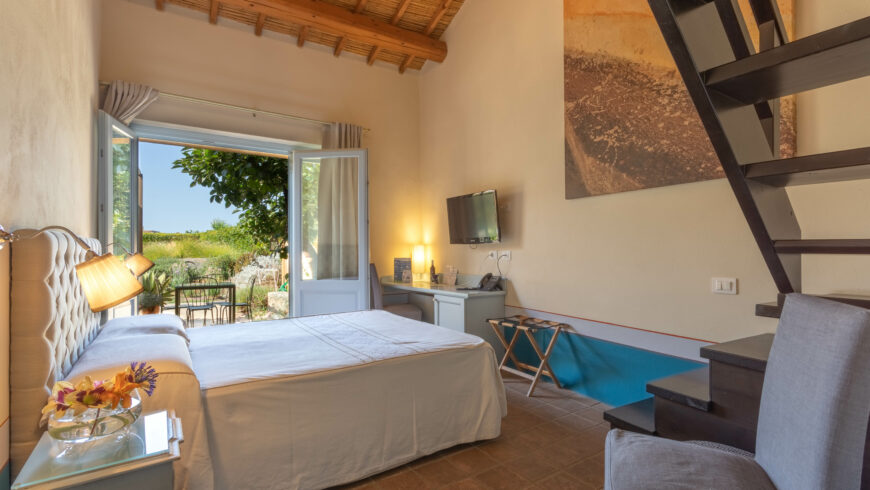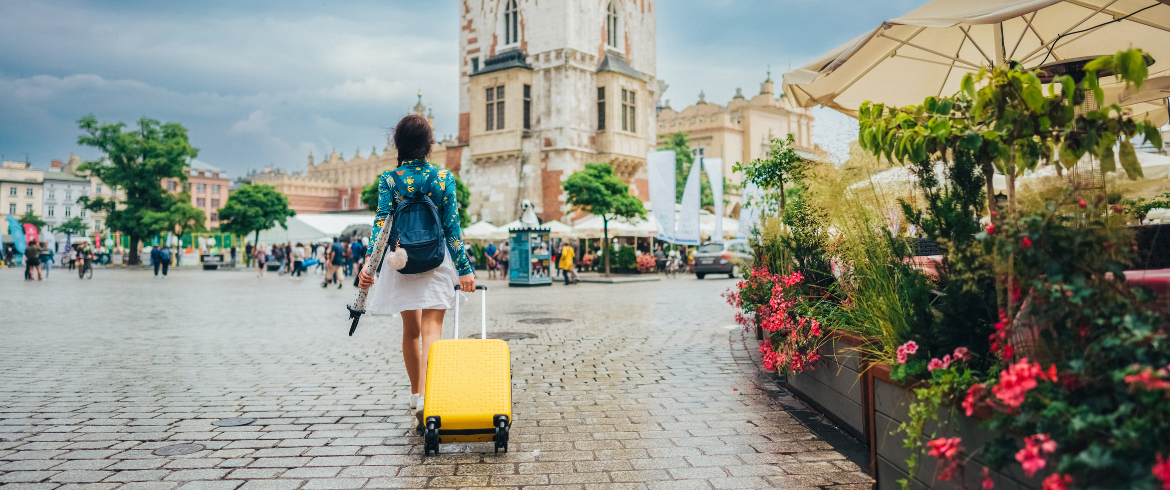The way our travel habits may impact the planet is unimaginably significant. Yes, many people think that there is nothing up to them and their individual activities when huge countries run their power plants and billions of people throw paper and plastic into the same bean. With all the negative actions in the world towards eco lifestyle, I believe that every individual activity is equally important.
So, recently I was watching (and I suggest this to you too) a documentary by Apple TV+, called “The Year Earth Changed”, narrated by one and only Sir David Attenborough. Just watch that film, and you will see how our planet started breathing again when we limited our transportation and international trips during COVID-19. The change in nature and the wild world shows the terrible consequences our footprint may cause if we don’t embrace the meaning of Eco as deeply as needed.
With worldwide tourism numbering in the billions annually, all those planes, cruises, and transport methods are expelling staggering amounts of greenhouse gases into our fragile atmosphere. But you don’t have to ditch your wanderlust entirely to start making a real difference. In fact, embracing a more eco-conscious style of exploring can compound into profoundly positive impacts over time, especially when many businesses prefer to invest in sustainability. This article will explore a few key strategies for transforming your vacations into force multipliers for environmental sustainability.
Stay at a Smart Accommodation

Let’s be honest – big resorts and chain hotels aren’t exactly champions of environmental responsibility. All those energy-guzzling amenities, wasted resources, and excessive consumption by guests add up to a huge environmental impact. Smart eco-tourists know to look for places to stay that are carefully designed to minimize that impact. Stylish, small vacation rentals and locally-owned lodges are the way to go if you want to reduce your environmental footprint when you travel.
Forget those wild water park resorts and endless buffets. Smaller, modern, tech-savvy homes use incredibly efficient utilities, power sources that come from the environment, and sustainable building methods that major hotel chains can only envy. Things like smart thermostats, solar panels, and composting systems actively cut down on daily use of resources, which is the main reason why many tourists prefer to rent accommodations equipped with new smart home devices.
For example, consider a recent Airbnb I stayed in Joshua Tree. That simple, off-the-grid tiny house had a wonderfully light touch on the environment compared to any typical resort stay. Between the solar panels on the roof, system that collects rainwater, and clever design that keeps the place cool naturally, my entire 3-day desert vacation produced almost no emissions or wasted resources.
That’s how you vacation responsibly in the 21st century! So do your research, find those eco-friendly accommodations, and save the planet from those hotel nightmares.
Short Trips Are the Best Trips

Here’s a surprising eco-friendly travel tip: those short, quick getaways close to home can often be much better for the environment than long, fancy trips abroad.
Just think about it. You’re not using tons of airplane fuel to get there, and you’re not supporting airports that use a lot of resources. You barely need any ground transportation, so your travel footprint starts and ends with that short drive or train ride to a nearby place.
For example, I recently wanted a relaxing beach vacation to disconnect completely. But after figuring out the costs of flights, hotels, tours, and everything else that comes with international travel, my budget-conscious side started thinking – why travel all the way to the Caribbean or Mexico when I have world-class beaches just 90 minutes away right here at home?
So I ended up booking a cute, solar-powered cottage overlooking the San Diego coast. And guess what? Packing snacks in my car and driving down the highway without any worries was way less stressful than any long, complicated international trip.
The “staycation” idea is also great for eco-conscious adventurers. No need to deal with unfamiliar languages, cultures, or navigating crowded city centers. Just hit the road and start exploring those peaceful trails, local restaurants, and hidden natural wonders nearby – all in the same day. Low impact on the environment, maximum relaxation.
Be Active But in an Eco Way

Activities like mountain climbing, scuba diving, and whitewater rafting might seem like they’re terrible for the environment at first glance. Engines, equipment, travel distances, and potential damage to wildlife habitats – surely they can’t be sustainable, right? But look a little closer and you might be surprised. Many adventure companies have completely changed the way they operate to minimize their environmental impact without sacrificing the excitement.
New-generation eco-lodges are setting up off-the-grid base camps powered entirely by solar or wind energy. Hybrid jet boats and electric raft tours are replacing loud and polluting motorboat trips. Even equipment rentals are becoming more eco-friendly, with brands designing super-strong, ethically-sourced gear that lasts for years.
The initial shift to eco-friendly practices was an obvious decision. But the real benefit of sustainability comes from the companies’ focus on low-impact exploration. Guides and staff thoroughly train visitors on “leave no trace” principles: sticking to marked trails, avoiding disturbing wildlife, properly packing out all trash, and so on.
Instead of hordes of careless thrill-seekers destroying beautiful natural areas, you get small groups of well-informed outdoor enthusiasts who genuinely respect and protect the places they love to explore. Not bad for a little proactive environmental effort, right?
Cover image: photo via Canva PRO
